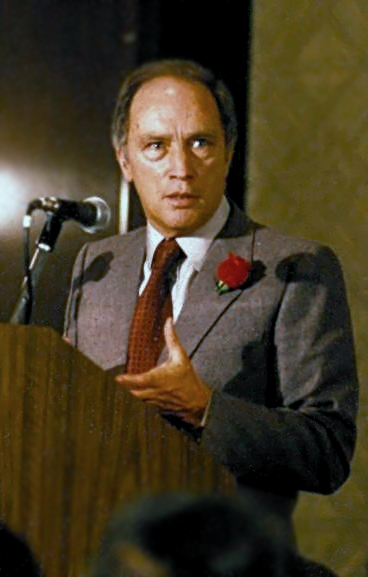
This Walrus article by Warren Kinsella threw me back to the two summers I spent while in college working in Ottawa for a Liberal cabinet minister who shall remain nameless:
“Campaigns matter, sure. But for the once-great Liberal Party, the 2011 election was lost before it was even called. First of all, the Tories’ multimillion-dollar anti-Ignatieff advertising campaigns, however despicable, were highly effective. By the time Ignatieff and his palace guard decided to strike back, it was too late. And, ironically, the election campaign attack ads marshalled by both the Conservatives and the Liberals principally benefited the New Democrats; disgusted voters were propelled toward a third party.
The second reason for the Liberals’ failure was the terrible strategic error of voting to defeat the government when they did. The Tories had been outpolling the Grits for months and had an overwhelming fundraising and organizational advantage. Experienced senior Liberals, like campaign manager Gordon Ashworth, pleaded with Ignatieff to wait for the political environment to become more favourable. Despite all this, however, Ignatieff pushed for an election he could not win.
The third factor in the defeat is more contentious, but just as real. When Ignatieff had a chance to effectively eliminate NDP leader Jack Layton as the only other progressive choice; when Ignatieff had an opportunity, long before the election, to craft a deal with the NDP, for cooperation, or a coalition, or even a merger, he emphatically said no. In June 2010, with his former leadership rivals Bob Rae and Dominic LeBlanc standing behind him in a House of Commons hallway soberly nodding their heads, Ignatieff declared that he wanted nothing to do with the NDP. Forming an alliance with the NDP was ‘ridiculous,’ he snorted.”
Given the results of the last election, it is difficult to believe that the Liberal Party was in power for 69 years during the 20th century.
Personally, I believe it is high time for the Liberal Party to abandon its love affair with intellectuals. Pierre Trudeau was that rare breed of charismatic intellectual. Neither Stéphane Dion nor Michael Ignatieff had charisma.
Biggest Losers: Warren Kinsella on Canada’s Liberal Party
This Walrus article by Warren Kinsella threw me back to the two summers I spent while in college working in Ottawa for a Liberal cabinet minister who shall remain nameless:
“Campaigns matter, sure. But for the once-great Liberal Party, the 2011 election was lost before it was even called. First of all, the Tories’ multimillion-dollar anti-Ignatieff advertising campaigns, however despicable, were highly effective. By the time Ignatieff and his palace guard decided to strike back, it was too late. And, ironically, the election campaign attack ads marshalled by both the Conservatives and the Liberals principally benefited the New Democrats; disgusted voters were propelled toward a third party.
The second reason for the Liberals’ failure was the terrible strategic error of voting to defeat the government when they did. The Tories had been outpolling the Grits for months and had an overwhelming fundraising and organizational advantage. Experienced senior Liberals, like campaign manager Gordon Ashworth, pleaded with Ignatieff to wait for the political environment to become more favourable. Despite all this, however, Ignatieff pushed for an election he could not win.
The third factor in the defeat is more contentious, but just as real. When Ignatieff had a chance to effectively eliminate NDP leader Jack Layton as the only other progressive choice; when Ignatieff had an opportunity, long before the election, to craft a deal with the NDP, for cooperation, or a coalition, or even a merger, he emphatically said no. In June 2010, with his former leadership rivals Bob Rae and Dominic LeBlanc standing behind him in a House of Commons hallway soberly nodding their heads, Ignatieff declared that he wanted nothing to do with the NDP. Forming an alliance with the NDP was ‘ridiculous,’ he snorted.”
Given the results of the last election, it is difficult to believe that the Liberal Party was in power for 69 years during the 20th century.
Personally, I believe it is high time for the Liberal Party to abandon its love affair with intellectuals. Pierre Trudeau was that rare breed of charismatic intellectual. Neither Stéphane Dion nor Michael Ignatieff had charisma.